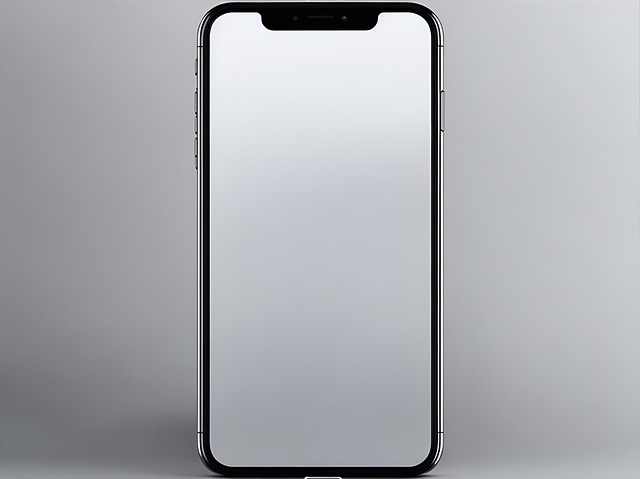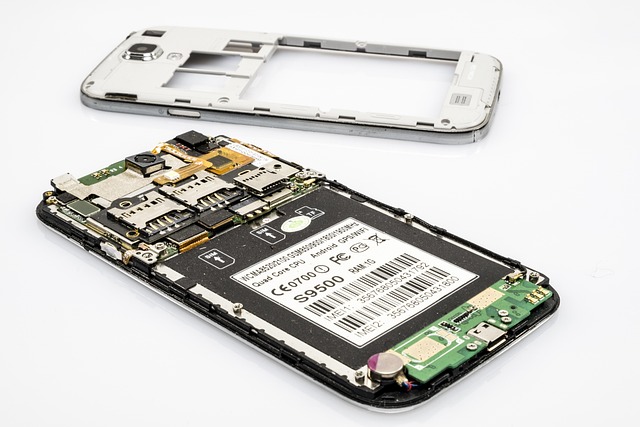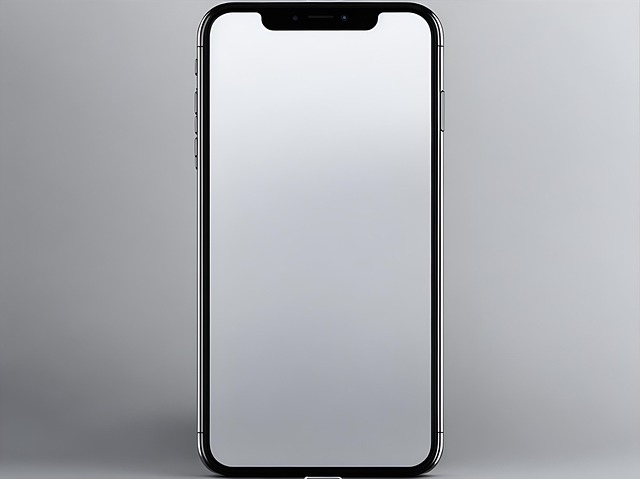In South Carolina, caller ID systems evolved from manual logging to automated digital technology in the 1980s to combat nuisance calls and protect consumers. Today, advanced features empower residents to manage unwanted calls, including from telemarketers and Do Not Call attorneys, by providing real-time identification and blocking. Consumers can register on the state's Do Not Call List (DNCL) to block promotional calls and seek assistance from Do Not Call attorneys for accurate listings, dispute resolution, and privacy protection. Understanding Caller ID technology is crucial for both consumers and businesses, promoting safety, compliance with consumer protection laws, and fair market practices in South Carolina.
In today’s digital era, understanding Caller ID technology is more crucial than ever for South Carolina consumers. This article delves into the evolution of caller ID, exploring its historical perspective and how it identifies calls through complex processes. We’ll navigate the intricacies of Do Not Call lists in South Carolina, dissecting their implications on both consumers and businesses. Additionally, we’ll highlight best practices for residents to protect their rights, guided by insights from top Do not call attorneys South Carolina.
The Evolution of Caller ID Technology: A Historical Perspective

The concept of identifying callers originated from the need to mitigate nuisance calls and protect consumers. Historically, this was a manual process where telephone operators would log incoming calls, providing basic information like the caller’s number and location. However, as technology advanced, automated systems emerged in the late 20th century. The first digital Caller ID systems were introduced in the early 1980s, allowing subscribers to see the calling party’s phone number on their display screens.
This innovation quickly became a standard feature, evolving over time to include additional data like call blocking and enhanced privacy options. Today, advanced caller ID technology plays a pivotal role in empowering South Carolina consumers to manage unwanted calls, especially from telemarketers and do-not-call attorneys. By providing real-time identification, it offers a level of control, ensuring residents can efficiently filter out unsolicited or potentially fraudulent calls, enhancing their overall communication experience.
How Does Caller ID Identify Calls? Unraveling the Process

Caller ID, a feature now standard on most phone systems, identifies callers by displaying their phone number and, sometimes, name on the recipient’s device. This process involves several technical steps. When a call is placed, the caller’s phone sends a signal to the receiving phone, which includes the caller’s unique telephone number. The receiving phone then uses this information to query a database, often maintained by telecommunications carriers or third-party services, to retrieve and display the caller’s details.
This system plays a significant role in informing consumers about potential calls, especially those from Do Not Call attorneys in South Carolina. By knowing who is calling, recipients can make informed decisions about answering or blocking the call. This transparency is crucial for consumers seeking to protect their privacy and avoid unwanted solicitations, including legal notices or collection calls.
Do Not Call Lists in South Carolina: An Overview
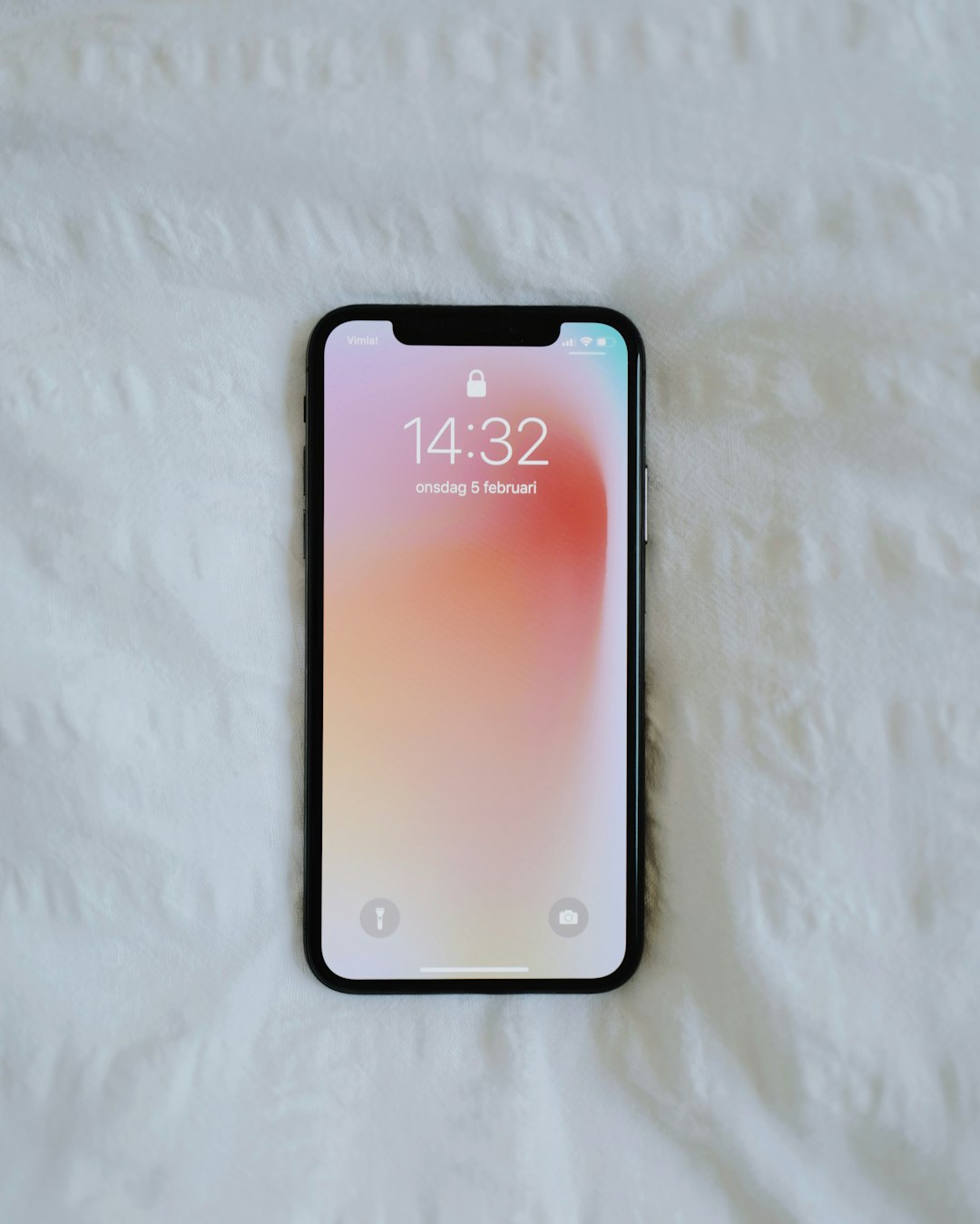
In South Carolina, consumers have the right to register their phone numbers on the state’s Do Not Call List (DNCL). This list is a powerful tool for citizens looking to curb unwanted telemarketing calls and robocalls. Managed by the South Carolina Public Service Commission (PSC), the DNCL allows residents to opt-out of receiving marketing calls from various sources, including phone, email, and text messages. The process of registering is straightforward; individuals can do so online or by submitting a form to their service provider. Once on the list, consumers can expect a significant reduction in promotional calls over time.
Interestingly, Do Not Call attorneys in South Carolina play a crucial role in assisting residents with these registrations and protecting their rights. These legal experts guide citizens through the process, ensuring their numbers are added accurately and effectively. They also help resolve disputes related to mismanaged or invalid registrations, providing peace of mind for those concerned about privacy and unwanted communication.
Understanding the Implications for Consumers and Businesses

Understanding the implications of Caller ID technology is crucial for both consumers and businesses in South Carolina. For consumers, having the ability to identify unknown callers can enhance safety measures by allowing them to screen potentially harmful or spam calls, especially from telemarketers or scammers. This feature empowers residents to avoid unwanted interactions and protect themselves from potential frauds, ensuring a more secure communication environment.
Businesses, particularly legal firms specializing in Do Not Call laws, can leverage Caller ID data to respect consumer preferences effectively. By recognizing opt-out signals and adhering to regulations, these organizations can maintain a positive reputation and avoid penalties. This technology facilitates better compliance with South Carolina’s consumer protection laws, ensuring that businesses honor the privacy and choices of their clients.
Protecting Consumer Rights: Best Practices for South Carolina Residents
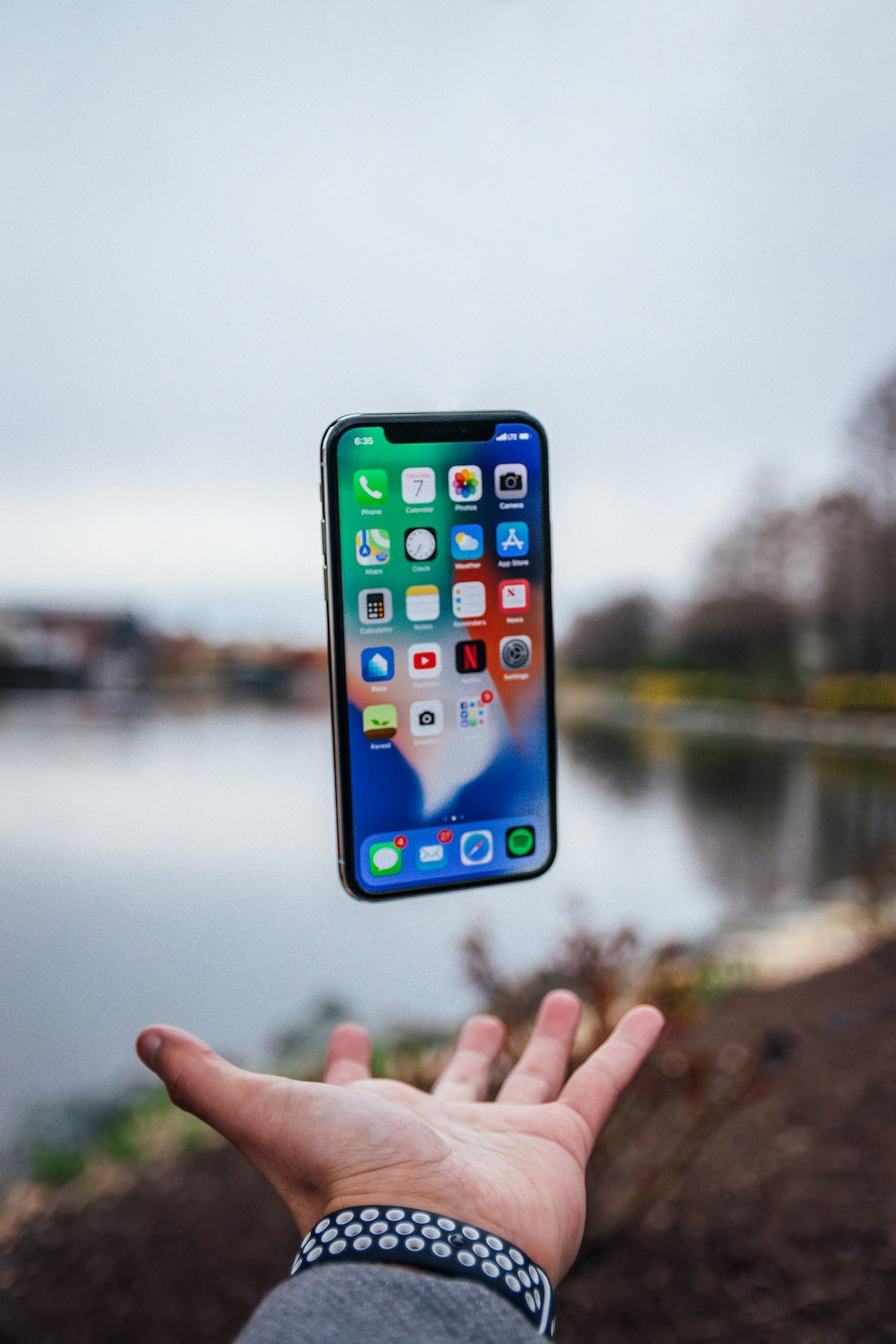
Protecting Consumer Rights is a crucial aspect of maintaining a fair and transparent telecommunications environment in South Carolina. Residents should be aware of their rights when it comes to unwanted calls, especially from telemarketers or call centers. One of the primary tools available to consumers is the Do Not Call registry. South Carolina residents can register their phone numbers to prevent receiving marketing calls, thus blocking many common sources of nuisance calls.
Best practices for protecting consumer rights include staying informed about local and state regulations regarding caller ID and telemarketing laws. Understanding that certain types of calls are restricted without prior consent is essential. If a resident feels their privacy has been violated or they receive persistent unwanted calls, they can report the issue to the South Carolina Attorney General’s office, which actively enforces consumer protection laws, including those related to caller ID misuse. Additionally, educating oneself about the rights to refuse and opt-out of call lists ensures that consumers remain in control of their communication preferences.


